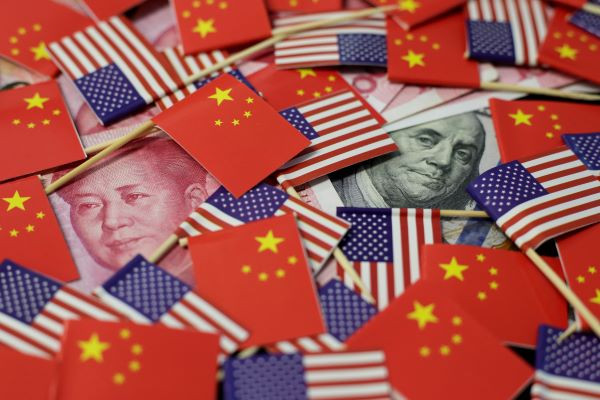There were initially mixed reactions across different currencies worldwide following reports that the Trump administration reached a tentative deal with China. The U.S. dollar mostly rallied against a basket of major currencies. China's Yuan, however, remained resilient against the greenback.
The Australian dollar jumped to its record high after almost five months. Market experts, however, downplayed the movement, saying that the strength of the Australian dollar was somewhat overvalued. Commonwealth bank's chief currency strategist, Richard Grace, said the local currency may remain stagnant at current value unless it is the domestic economy which shows significant strength in the coming months.
The Canadian dollar, on the other hand, dipped slightly against the greenback following reports of phase one China-US trade deal. Nonetheless, the loonies held onto most of the gains it achieved recently. The good news regarding the China-US trade deal pushed the Canadian dollar to its steady gains, according to Andrew Sierocinski, a foreign exchange analyst at Klarity FX.
The Japanese Yen succumbed to the U.S. dollar. This has been particularly notable for market observers because the Japanese yen has been perceived as a safe haven at the time when hopes were down regarding possible resolution between China and the Trump administration.
Meanwhile, China's yen rose to a 4-1.2 month high against the greenback. One trader at a Chinese bank in Shanghai said there was an overall positive sentiment across Chinese markets. Market players were not expecting any good news that could come out of the negotiations between trade negotiators from both countries. Still, doubts were not completely erased as reports were clear that the development was only tentative. One trader said corporate clients were not exactly convinced that rally across markets will be sustained.
On Thursday, multiple reports said U.S. President Donald Trump signed off an initial trade agreement with China. The immediate results would be the avoidance of tariffs that were supposed to take effect on 15. Dec. Further, phase one deal would see tariff cuts on already levied Chinese goods.
China, for its part, promised to increase the purchase of agricultural products from the U.S. In a related development, Beijing had bought U.S. soybeans anew early this week.
The Chinese government waived tariffs in place for importers to afford at least five bulk cargo shipments of U.S. soybeans. Overall, Beijing bought 300,000 tons of soybeans from American farmers with shipments slated to happen in January and February.






